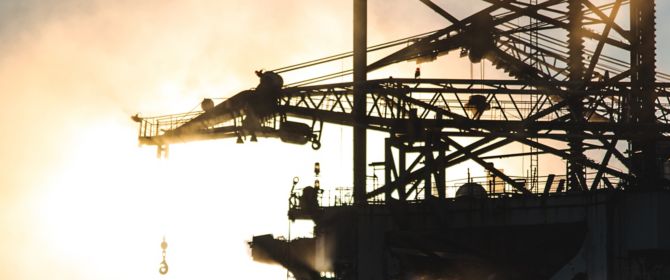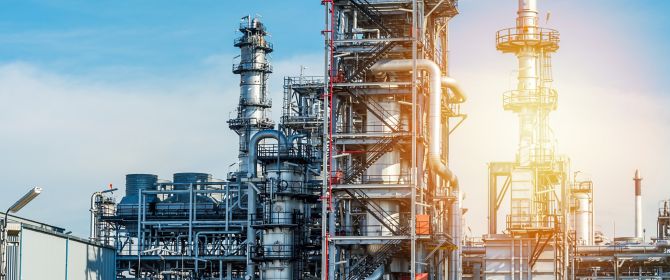Introduction
The oil and gas industry has continued to sustain recovery from contractions experienced in 2020 and 2021. On a global level, crude oil prices have been hovering around $100 per barrel, as global supply has failed to keep pace with post-pandemic rebound in oil consumption. Nevertheless, the outlook for crude oil markets remains uncertain due to Russia’s Invasion of Ukraine and sanctions imposed on Russia by Western countries. Sanctions on Russia and its oil and gas products threaten to disrupt crude oil supply, as other members of the Organisation of Petroleum Exporting Countries (OPEC) are unable to pump sufficient oil to meet their production quotas. The International Energy Agency (IEA) projects that Russian production will buckle in the months ahead as sanctions take hold, plunging by about 3 million barrels a day (bpd) to 8.7 million bpd by the start of next year. The result is already evident, as there is a global shortage of crude oil and its products, and this is driving up energy prices globally.
In Nigeria, the 2020 marginal fields bidding round was finally concluded and award letters presented to 57 successful bidders towards the end of the second quarter. The Petroleum Industry Act (PIA or “the Act”) is also gaining traction as some regulations have been discussed with relevant stake holders in line with the requirement of the Act and published. In addition, more International Oil Companies (IOCs) have announced their intention to divest their onshore and shallow water assets.
As Covid-19 cases seem to be on the rise again, there is a slight risk that the recent surge in infections will add another source of volatility to the oil and gas industry. This edition of our newsletter focuses on some noteworthy developments and the impact of these developments on the growth of the Nigerian Oil and Gas sector and the economy at large
Clikc here to read more.


